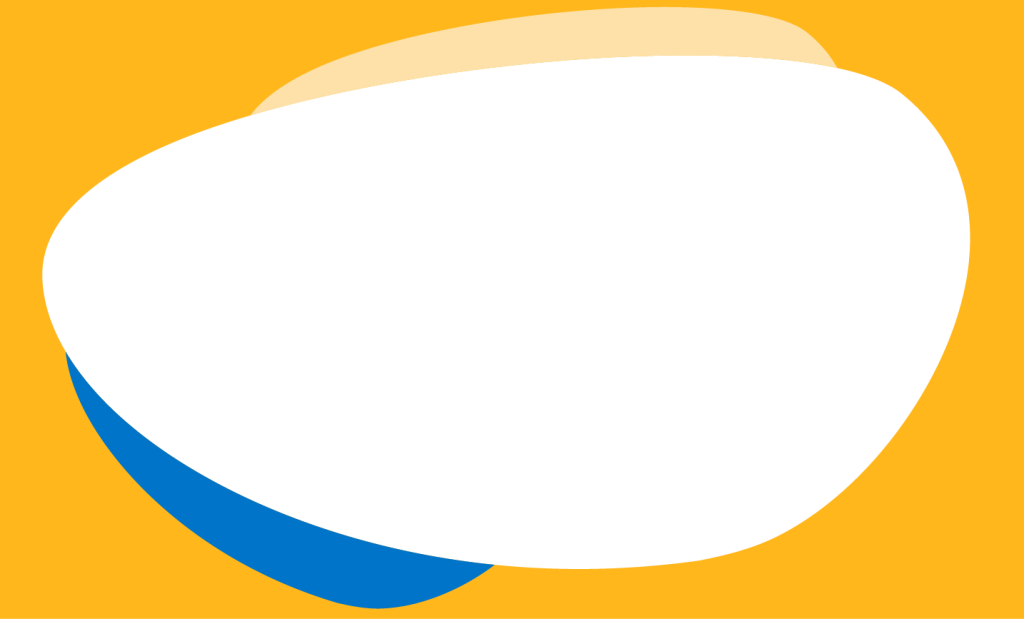

Organization involves the ability to; plan ahead, pull together the required materials, sequentially perform a task, adhere to a task long enough to follow it through and complete the task in an appropriate time frame. Organization is typically a skill that (at least at some degree) needs to be specifically modeled, supported by sensible structures (such as diaries or visual charts, labelled storage containers) and reinforced by realistic routines (pack away one toy/task before commencing another).
Visual cues are anything that provides visual information. Specifically related to organisation, visual schedules and timers tell the child for how long they need to perform a task and when they are going to have to do an activity. Schedules can be helpful in helping a child sequence steps involved in tasks as well as reduce anxiety about what is coming up. Timers allow us to pre-warn children or to limit time on desirable activities such as computers or iPads.
“Organisationally challenged children not only have trouble with remembering and being organized about the house, but show forgetfulness, poor follow through, procrastination, confusion and time wasting in other parts of their lives as well” (Le Messurier, 2007 p 63). These children also often lack the individual building blocks for higher order organization such as independent organization which can be due to a specific learning difficulty, developmental immaturity, the presence of pervasive diagnostic traits or simply inconsistent adult support to master the use of typical (age appropriate) organization strategies.
Many children have strengths in visual areas compared to other areas, particularly those with a diagnosis of autism spectrum disorder (ASD). For many children, a visual cue or a picture remains constant long after the word or sign has been completed. Research has suggested that a multi-sensory learning environment gives many children the best opportunity to reach their full potential, which is why it makes sense to support one sensory system (i.e. hearing) with another, sight.

If a child has difficulties with organisation they might:
When a child has organisation difficulties that might benefit from visual cues, they might also have difficulties with:
If your child has difficulties with visual organisation, it is recommended they consult an Occupational Therapist.
If there are multiple areas of concern (i.e. beyond just visual organisation) both Occupational Therapy and Speech Therapy may well be recommended to address the functional areas of concern. This is the benefit of choosing Kid Sense which is a multi-disciplinary service provider.

WE ACKNOWLEDGE THE TRADITIONAL CUSTODIANS OF THE LAND IN WHICH WE OPERATE AND PAY OUR RESPECTS TO ELDERS PAST, PRESENT, AND EMERGING. OUR FAMILY IS FOUNDED ON HOSPITALITY, THE BELIEF THAT EVERYONE IS WELCOME! DIVERSITY, INCLUSION, AND EQUITY ARE CELEBRATED, REPRESENTED, AND SUPPORTED IN OUR PEOPLE, OUR CUSTOMERS, AND OUR COMMUNITIES.